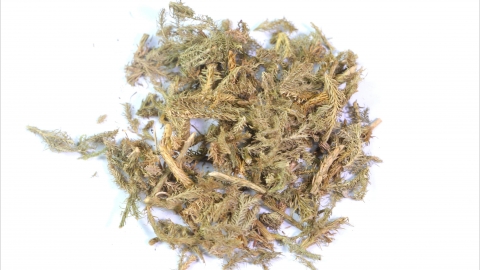Can Lycopodium be steeped in water for consumption?
Generally speaking, Lycopodium can be used to make herbal tea, but it should be consumed in moderation, and certain special populations should use it cautiously. The details are as follows:

Lycopodium is a traditional Chinese herb with a mild nature, bitter taste, and slightly pungent flavor. It mainly affects the liver, spleen, and kidney meridians, and has the effects of dispelling wind and dampness, relaxing tendons, and promoting circulation. Drinking Lycopodium-infused water generally offers health benefits and is suitable for individuals experiencing mild symptoms such as joint soreness and limited mobility. Lycopodium helps eliminate wind and dampness from the joints and muscles, alleviates meridian blockages caused by rheumatism, and improves symptoms such as joint pain and swelling.
Lycopodium effectively relaxes tendons and promotes circulation, enhances blood flow, relieves muscle tension and spasms, and improves pain, numbness, and limited mobility in areas such as the neck, shoulders, waist, and limbs. Lycopodium also has certain anti-inflammatory and analgesic effects, helping improve local blood circulation, accelerating the dissipation of bruising, and reducing tissue swelling and pain.
However, it is important to note that the dosage of Lycopodium used for making tea is generally low, and it is recommended for short-term use only. Prolonged or excessive consumption may cause gastrointestinal discomfort or other side effects. Special populations such as pregnant women, lactating women, women during menstruation, and children should avoid drinking Lycopodium tea, as its safety for these groups has not been sufficiently studied and may negatively affect their health. Additionally, individuals allergic to Lycopodium should avoid its use.






